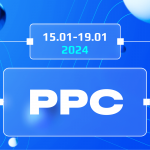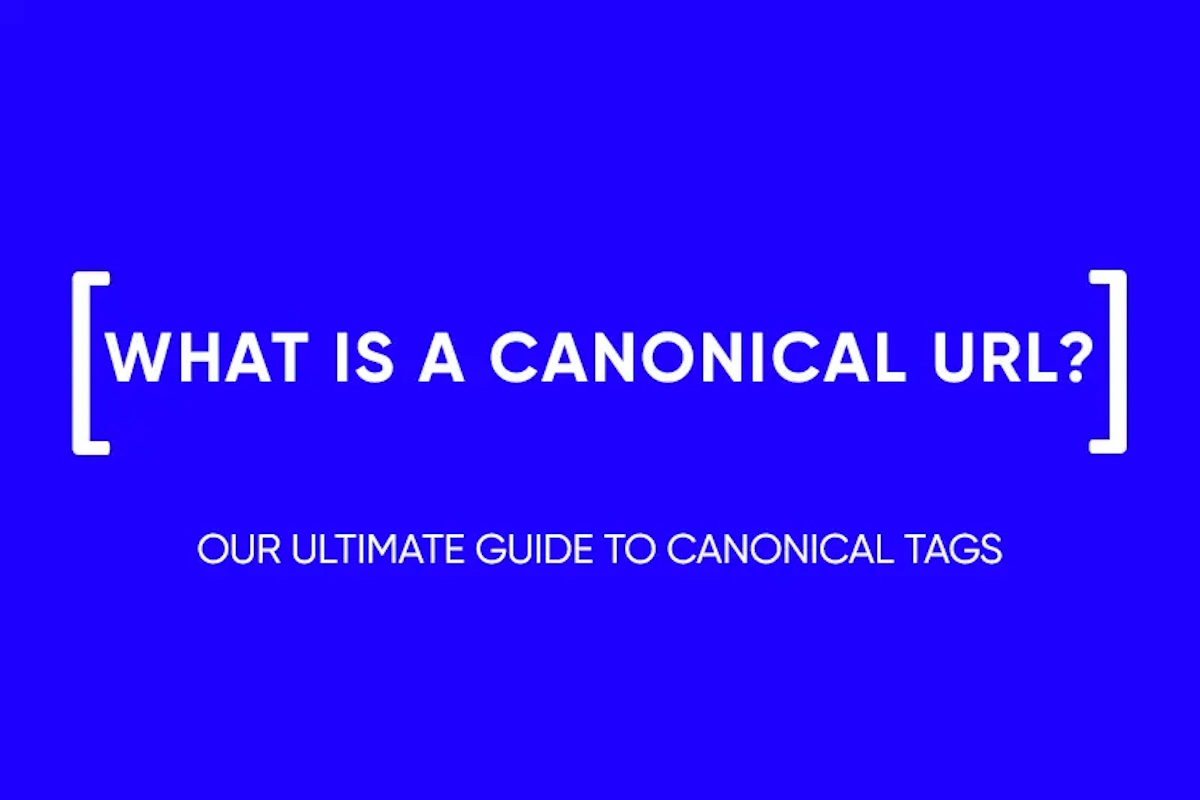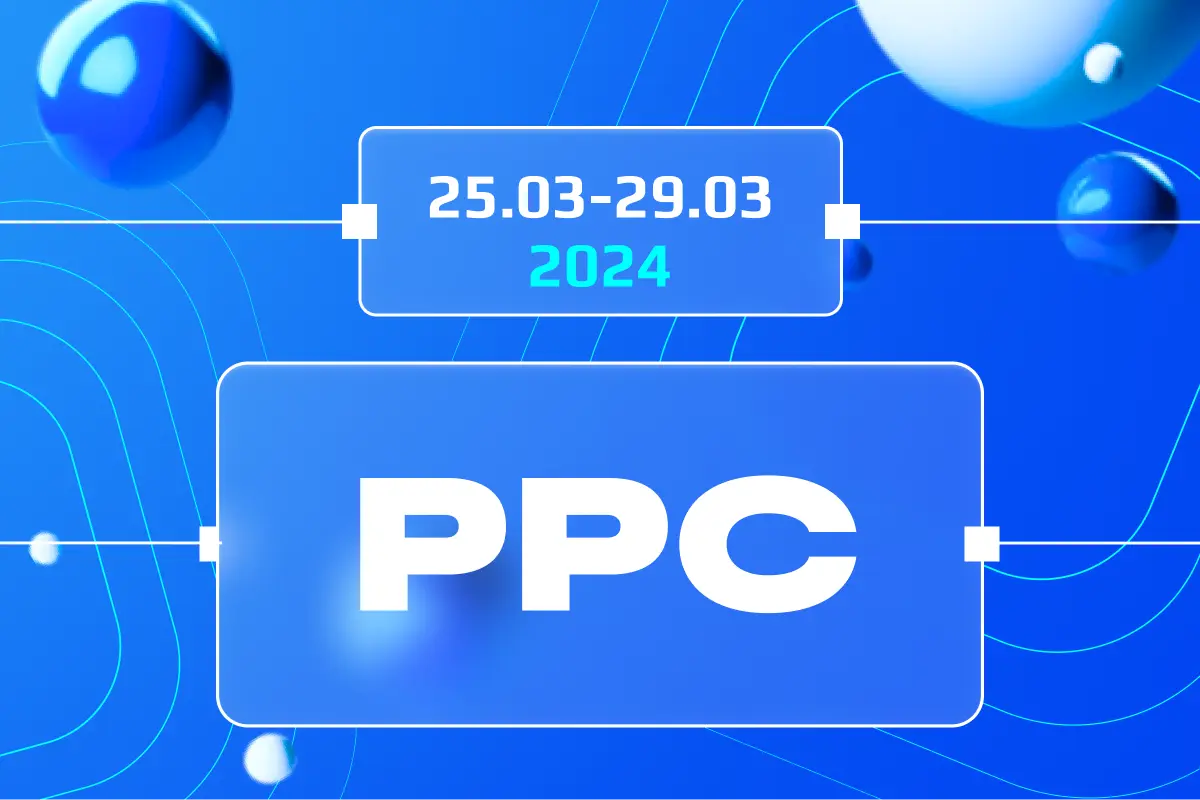How to Create an Effective PPC Strategy in 7 Steps
Pay-Per-Click (PPC) is a digital marketing model where advertisers pay a fee each time one of their ads is clicked. It’s a method of buying visits to your site, as opposed to earning those visits organically. Successful PPC campaigns can significantly boost your online presence, driving targeted traffic, and creating brand awareness.
How does PPC work?

PPC works on a bidding system where advertisers select specific keywords relevant to their target audience and bid on them. When a user searches for these keywords, the search engine runs an auction to determine which ads will show up and in what order. Factors like bid amount, ad relevance, and landing page quality play a crucial role in this process. The aim is to ensure that ads reach the right audience at the right time, making PPC strategies and tactics essential for effective campaigns.
How to Create an Effective PPC Campaign
Creating an effective PPC campaign involves a systematic approach, starting with defining your goals and understanding your audience. It requires meticulous setup, continuous optimization, and regular monitoring. Here’s how to launch and manage a successful PPC campaign:
1. Define Your PPC Goals
Clear goals guide your PPC strategies and help you measure success. Common PPC goals include:
Raising Brand Awareness
Utilize PPC to increase your brand’s visibility. By targeting broad keywords related to your industry, you can reach a wider audience and establish your brand in the market.
Increasing Web Traffic
Focus on keywords that drive relevant traffic to your website. This involves understanding what your audience is searching for and optimizing your ads and landing pages to match their intent.
Driving Sales
For sales-driven campaigns, target keywords with high commercial intent. Optimize your ads to attract users who are ready to make a purchase, and ensure your landing pages are persuasive and user-friendly.
Generating Leads
If lead generation is your goal, tailor your PPC campaign to capture user information. Use compelling calls-to-action and offer valuable resources in exchange for contact details.
2. Perform Keyword Research
Keyword research is a cornerstone of any successful PPC campaign. Start by identifying the terms your target audience uses when searching for products or services like yours. Utilize tools for keyword research to find a mix of high-volume and long-tail keywords. Remember, the effectiveness of your PPC strategies hinges on selecting the right keywords that align with your campaign goals.
3. Analyze Your Competition
Understanding what your competitors are doing can provide valuable insights for your PPC campaign. Analyze their ads, keywords, and landing pages. Identify gaps in their strategies and opportunities where you can differentiate your campaign. Competitive analysis is crucial for fine-tuning your approach and making informed decisions about your own PPC tactics.

4. Create Your Ads
Crafting compelling ads is crucial for the success of your PPC campaign. Here are key components to focus on:
Display URL
The display URL should be clean and relevant to the landing page. It gives the searcher an idea of where they will land after clicking the ad. A well-structured URL can increase the credibility of your ad and improve click-through rates.
Headlines
Your headline is the first thing searchers will see, so make it count. Use powerful, action-oriented words. Include keywords to improve relevance and draw the attention of your target audience. A great headline can significantly impact the success rate of your ad.
Descriptions
Your ad descriptions should provide clear and concise information about what you’re offering. Highlight the benefits and unique selling points of your product or service. Encourage users to take action. Remember, the goal is to convince potential customers to click through to your website.
5. Choose Your Bidding Strategy
Your bidding strategy should align with your campaign goals. Whether it’s maximizing clicks, focusing on conversions, or managing cost per action, choose a strategy that fits your objectives and budget. Understand different bidding options available, like cost-per-click (CPC), cost-per-impression (CPM), or cost-per-acquisition (CPA), and select the one that’s most effective for your campaign.
6. Set Up Audience Targeting
Effective audience targeting is key to a successful PPC campaign. Define your target audience based on demographics, interests, location, and online behavior. Use audience targeting to ensure your ads are seen by the people most likely to convert. Customizing your PPC campaign for specific audience segments can significantly improve its efficiency and ROI.
7. Track, Adjust, and Modify Your PPC Campaign
Effective PPC campaign management involves continuous tracking and adjustments. Use analytics tools to monitor key metrics like click-through rates, conversion rates, and overall ROI. Regularly review your campaign’s performance and make data-driven adjustments. Experiment with different keywords, ad copy, and targeting options to optimize your campaign’s effectiveness. Remember, the PPC landscape is dynamic, and staying adaptable is key to success.
Innovative Tactics to Try in Your PPC Strategy

To stay ahead in the competitive world of PPC, it’s essential to explore innovative tactics. Here are some cutting-edge strategies to enhance your PPC campaigns:
Target Problem-Related Search Terms
Focus on keywords that represent the problems your product or service solves. By targeting these search terms, you can connect with users actively seeking solutions, increasing the relevance and effectiveness of your ads.
Use Ad Assets to Increase Visibility
Enhance your ads with engaging assets like images, videos, or rich snippets. Visual elements can make your ads stand out in a crowded search space, improving visibility and engagement rates. Consistently use high-quality and relevant ad assets to make a strong impression.
Create Ads Promoting Free Information
Offering free resources such as ebooks, webinars, or whitepapers can be an effective way to attract leads. Create ads that promote these free informational assets, providing value to your audience while capturing their contact information for future marketing efforts.
Use Remarketing Lists for Search Ads (RLSA)
RLSA allows you to customize your search ads campaign for people who have previously visited your site. Tailor your bids and ads to these visitors when they’re searching on Google. This strategy can significantly improve conversion rates as you’re targeting users already familiar with your brand.
Target Secondary Audiences
Don’t just focus on your primary audience. Identify secondary audiences that may also be interested in your products or services. Expanding your targeting to include these groups can open up new avenues for traffic and conversions.
Best Practices for High-Performing PPC Ads
To maximize the impact of your PPC campaign, it’s crucial to adhere to best practices. These guidelines help ensure that your ads not only reach the right audience but also effectively communicate your message and drive results.
Craft Compelling Ad Copy
The success of a PPC ad largely depends on the quality of its copy. Your ad copy should be clear, concise, and directly address the needs and interests of your target audience. Use strong call-to-actions (CTAs) to encourage clicks, and ensure that your ad copy aligns with the keywords you’re targeting. Remember, each word counts in PPC ads, so make every one of them purposeful and persuasive.
Optimize Your Landing Page
Your landing page is where conversions happen. It should be directly relevant to your PPC ads, with a clear and consistent message. Ensure that your landing pages are user-friendly, with fast load times and mobile responsiveness. Highlight key benefits, include compelling CTAs, and minimize distractions to maximize conversions.
Leverage A/B Testing
A/B testing is a powerful tool to optimize PPC campaigns. By testing different versions of your ads and landing pages, you can determine what resonates best with your audience. Experiment with various elements like headlines, ad copy, and CTAs. Use data-driven insights from these tests to refine your approach and improve campaign performance.

Looking for a Custom PPC Strategy?
If you’re seeking a tailored approach to PPC that aligns with your unique business needs and goals, consider a custom PPC strategy. A bespoke strategy takes into account your specific market, competition, and audience dynamics, offering a more personalized and effective approach to PPC advertising.
Wrapping Up
In conclusion, creating successful PPC campaigns requires a blend of strategic planning, continuous optimization, and adherence to best practices. By understanding the fundamentals of PPC, staying innovative, and focusing on what works best for your audience, you can drive significant results from your campaigns. Remember, the world of PPC is ever-evolving, and staying informed and adaptable is key to ongoing success.
and stay up-to-date with the latest news about our platform and affiliate marketing.




